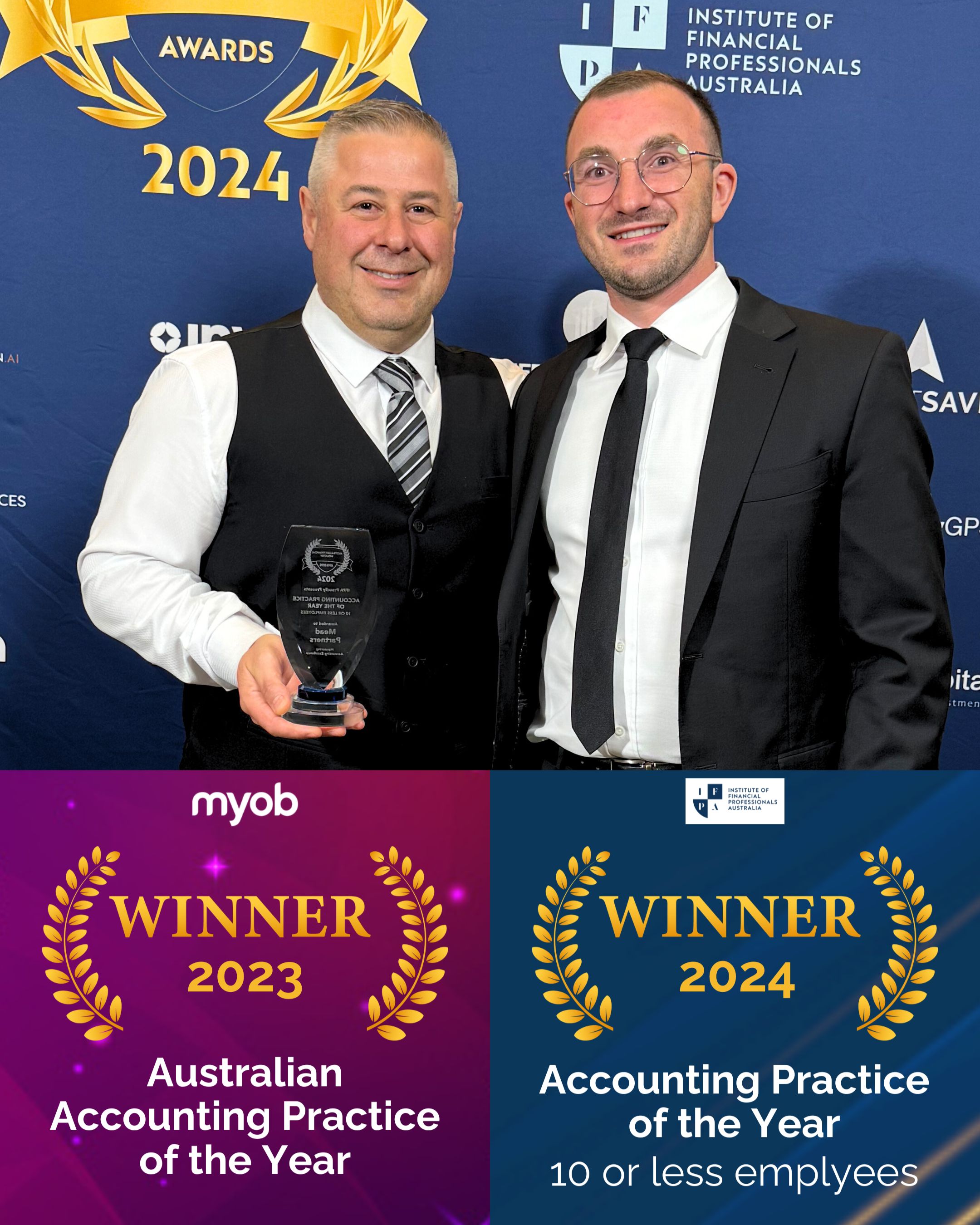
Book a Free Consultation!
✅Builders CFO Program
✅Business Improvement Program
✅Taxation Advice
Most employers provide social activities/functions such as a Christmas Party, other than the cost of the food, alcohol, entertainment, travel & accommodation (connected with the Christmas Party), do you consider the implications of taxes when budgeting for employee Christmas Parties?
FBT (Fring Benefit Tax) Legislation provides that a Christmas Party holds the characteristic’s of a meal entertainment or recreation benefit, and therefore, may be fully or partly subject to a FBT liability. Further to any FBT liability will your business be entitled to an Income Tax deduction or be able to claim GST credits on the costs incurred?
The outcome with taxes differs dependent on:
- the method used to calculate any FBT liability on a Christmas Party, being either the 50/50 method, the actual method.
- available exemptions from FBT
In short,
Under the actual method, a Christmas party held offsite is only subject to FBT (provided an exemption cannot be applied) on meal entertainment and recreation benefits on the portion of the expenditure that relates to employees and their associates, clients and suppliers are exempt from FBT. Whilst FBT is not payable on the costs associated with clients and suppliers income tax deductions and GST credits are generally not allowed and therefore can only be claimed on the portion of the expenditure subject to FBT.
Meals (food and drink including alcohol) provided to current employees on site during normal work hours are exempt from FBT under the property benefit exemption however their associates will remain subject to FBT.
Another available exemption is the minor and infrequent exemption, where the notional taxable value of a benefit is less than $300 including GST per employee or their associate the minor benefit exemption can be applied eliminating any FBT payable on the Christmas Party. In calculating the benefit per person a per head apportionment can be applied to the total cost of the function to determine if the minor benefit can be applied.
50/50 Method
More commonly with our clients due to simplicity of recording and maintaining records, employers may wish to apply the 50/50 split method. Under the 50/50 split method the Christmas Party is deemed to be subject to a FBT liability of 50% the total cost irrespective of who is entertained whether employees of not.
Under the 50/50 method, the following traps must be considered:
- Where the function is held on the employer’s premises – food & drink provided to employees is not exempt from FBT; and
- The less than $300 (<$300) minor benefit exemption cannot apply; and
- The taxi travel exemption cannot apply.
No exemptions exist under the 50/50 split method and generally 50% Income tax deduction is claimable and 50% of GST credits are available.
Actual Method
The Actual Method applies where and employer has not made an election to value their meal entertainment expenditure for FBT purposes. FBT is generally only payable on that portion of meal entertainment provided to employees and their associates (e.g. family members). Therefore, FBT is not payable on entertainment provided to non employees, the non employee expenditure is not tax deductable.
Recreation Expenditure at a Christmas Party
If a band, DJ or comedian or any other entertainer is hired for a Christmas party or simlar function then this expenditure is generally considered recreational expenditure and FBT generally would apply, and would normally be dealt with under the actual method.
Christmas Gifts
Gifts which ARE NOT considered to be entertainment:
These generally include for example:
- A Christmas hamper, a bottle of wine etc; and
- Gift Vouchers, a bottle of perfume, flowers, a pen set etc.
Briefly, the general FBT and income tax consequences for these gifts are as follows:
- Gifts to employees and family members – FBT is payable (except where the minor benefit exemption applies) and a tax deduction is allowed
- Gifts to clients, suppliers, etc. – no FBT, and a tax deduction is allowed
Gifts which ARE considered to be entertainment:
These generally include, for example:
- Tickets to attend a theatre, live play, sporting event, movie or the like; and
- A holiday airline ticket or admission ticket to an amusement centre.
Briefly, the general FBT and income tax consequences for these gifts are as follows:
- Gifts to employees and family members – FBT is payable (except where the minor benefit exemption applies); and
- Gifts to clients, suppliers, etc. – no FBT, and no tax deduction is allowed
Information sourced from the ATO and the NTAA
DISCLAIMER: The above information is general in nature, and must be tailored to your personal circumstances. The information is provided as a guide only.

Send To Someone